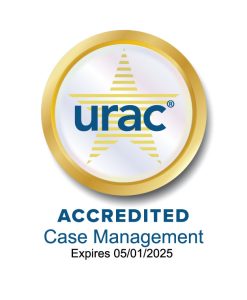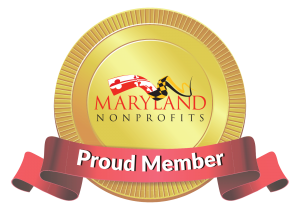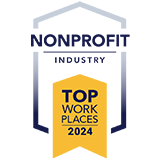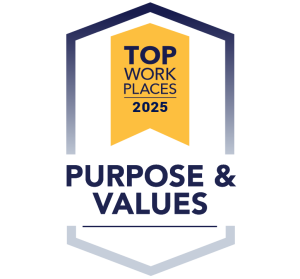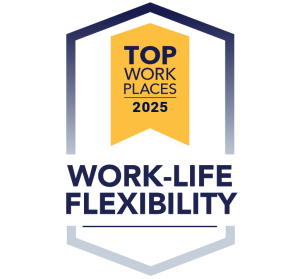By: Dianne Edwards-Barnes, DEI&B Coordinator and Renee Dain, Sr. VP, Communications and External Affairs
In healthcare, especially for individuals living with special health care needs or disabilities, it’s essential to have strong, trusting relationships with your case manager (e.g., Clinical Care Coordinator, Supports Planner, Service Coordinator, Coordinator of Community Service). One way to build and improve this relationship is by understanding and applying principles of Diversity, Equity, Inclusion, and Belonging (DEI&B).
What is DEI&B?
Diversity refers to the differences between us, such as race, gender, disability, and more.
Equity ensures that everyone has fair access to resources and opportunities, including those specific to your healthcare needs.
Inclusion means making sure everyone feels welcomed and valued, regardless of their background.
Belonging goes beyond just being included – it’s about feeling accepted and understood in a space where your unique experiences are acknowledged.
Why DEI&B Matters in Healthcare
DEI&B isn’t just a buzzword. It’s a framework that can improve your experiences with healthcare providers and case managers and care coordinators. Here are some of the benefits of understanding DEI&B as a consumer in healthcare:
- Tailored Support: Understanding DEI&B can help you communicate better with your case manager. Your unique health needs and personal background are considered, leading to care that fits you, not just the average patient.
- Stronger Relationships: When both you and your case manager embrace DEI&B, you’re more likely to feel seen and heard. This can strengthen the trust between you and lead to better collaboration in managing your care.
- Advocacy and Empowerment: Knowing your rights when it comes to diversity, equity, and inclusion means you can advocate for yourself more effectively. It ensures that you have a say in your care plan and that your needs are always at the forefront.
How DEI&B Can Improve Your Relationship with Your Case Manager
You might be wondering: How does DEI&B affect the relationship between you and your case manager? Let’s explore some common questions:
Q: How can understanding DEI&B help me communicate better with my case manager?
A: By recognizing the importance of diversity and equity, you’ll feel more comfortable sharing details about your background, culture, or other factors that might impact your health. Your case manager will also be more equipped to tailor their approach to your needs.
Q: What should I do if I feel that my case manager isn’t considering my unique needs?
A: Start by having an open conversation. Explain how your health needs intersect with your life experiences and ask them to work with you on a more personalized plan. Remember, DEI&B means that your voice is vital in this process.
Q: How can I help create a sense of belonging in my healthcare environment?
A: You can foster belonging by advocating for inclusivity in your care. This might include requesting accommodations or sharing feedback with your care team about what makes you feel valued and respected.
Call to Action: Speak Up for Yourself and Others
Your voice matters. By understanding and embracing DEI&B principles, you can build stronger, more effective relationships with your case manager and healthcare team. Don’t be afraid to speak up about what you need to feel included and supported – whether it’s specific accommodations, cultural considerations, or just being listened to more carefully. Remember, you deserve care that recognizes you for who you are.
If you’re ready to take the next step in advocating for yourself or a loved one, start by having an honest conversation with your case manager today.
Learn More
In our upcoming Community Enrichment Series on Strengthening Connections and Communication with Your Case Manager, Dianne Edwards-Barnes, DEI&B Coordinator will present more information DEI&B. We hope to see you on Tuesday, October 15th at Noon – 1:00 p.m. To register click HERE.

